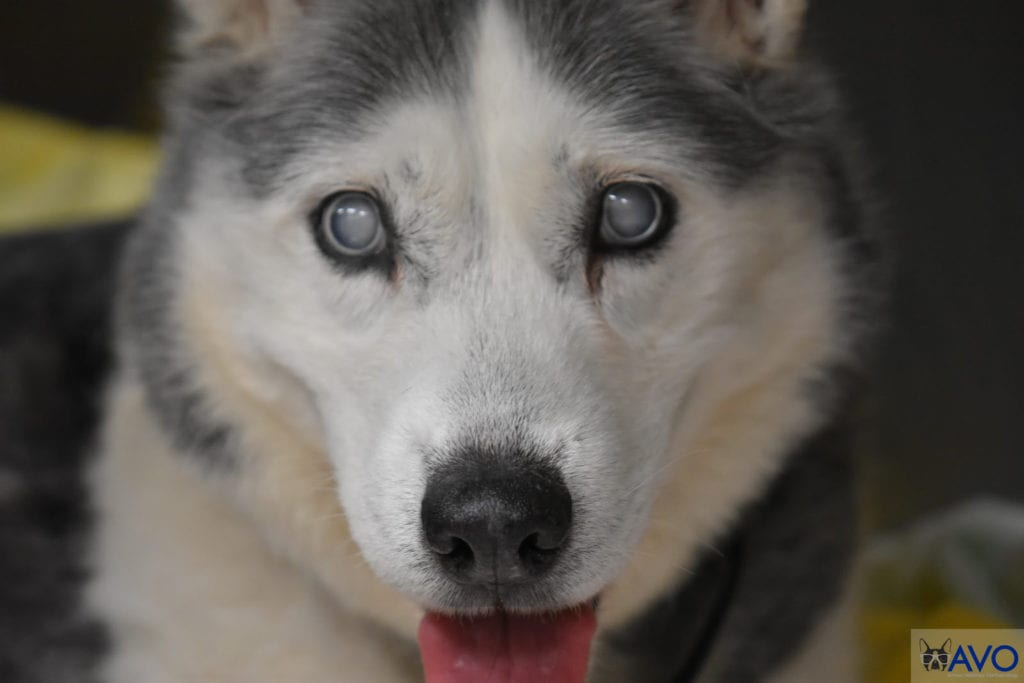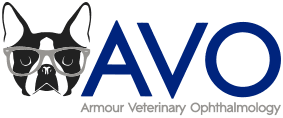Cataracts In Dogs & Cats
When your pet develops cataracts, it can be a devastating change in their (and your) daily life. Cataract surgery and the restoration of sight to a pet that cannot see is one of the greatest gifts that a veterinary ophthalmologist can provide to a pet.
At Armour Veterinary Ophthalmology, we use cutting edge technology and state of the art equipment to provide your pet with the best possible outcome.
What are Cataracts?
A cataract is an opacity of the lens that prevents light from reaching the retina. There are many causes of cataracts in both cats and dogs, including:
- Juvenile onset
- Traumatic injury
- Secondary to inflammatory processes
- Metabolic (especially secondary to diabetes mellitus).
Sometimes, cataracts in dogs can be inherited and passed down through generations. In cases of juvenile onset or diabetic cataracts, these opacities can sometimes form very rapidly, resulting in acute blindness.
Cat and Dog Cataract Treatment
The typical treatment for cataracts is cataract surgery for both cats and dogs. While some cats do develop cataracts, canine cataract surgery is far more common.
To determine if your pet is a good candidate for cataract surgery, pre-cataract testing is typically recommended.
This includes 3 steps:
- Gonioscopy – evaluation of the iridocorneal drainage angle. Abnormalities seen here could predispose your pet to secondary glaucoma. Often, if abnormalities are detected, a secondary procedure (endolaser) is recommended.
- Ocular ultrasonography – this is a sonogram of the eye. This diagnostic tool allows us to evaluate the sections of the eye that cannot be seen on ophthalmic examination due to the presence of the cataract.
- Electroretinogram – this test evaluates retinal function. After 20 minutes of dark adaptation, a bright light is directed at the eye. The retinal electrical response will determine whether the retina is functioning at a capacity that would benefit from surgery.
These steps, take approximately 2 hours to complete. Once your pet has undergone these 3 tests, we will be able to determine if he or she is a candidate for cataract surgery.

Before Surgery 
After Surgery
Many patients benefit from a topical anti-inflammatory eye drop once they develop cataracts. A veterinary ophthalmologist is able to determine if an eye drop would be beneficial for your pet.
The most common complications of cataracts and cataract surgery that can lead to blindness include chronic inflammation, glaucoma, and retinal detachment. Other less common complications include secondary infection, corneal ulcer formation and opacities of the lens capsule.
Our practice is located inside the Friendship Hospital for Animals in Washington D.C., conveniently located near Maryland and northern Virginia.
Whether you’ve been referred to our office by your primary care veterinarian or want a second opinion regarding cataracts or cataract surgery for your pet, Armour Veterinary Ophthalmology is here for you!


